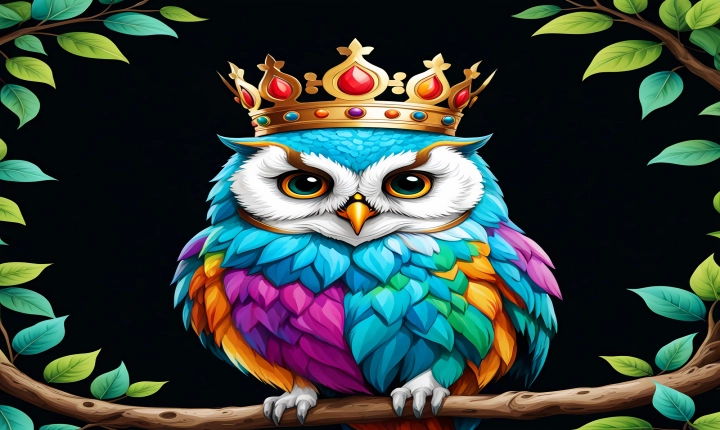Title: Does ChatGPT Get Smarter? Understanding the Evolution of AI Chatbots
Artificial intelligence has advanced by leaps and bounds in recent years, and one of the most prominent applications of AI is in the form of chatbots. These AI chatbots, such as ChatGPT, have become increasingly sophisticated, leading many to wonder whether they actually get smarter over time.
To answer this question, it’s essential to understand the underlying technology behind AI chatbots and how they learn and improve.
ChatGPT, developed by OpenAI, is based on a model known as GPT (Generative Pre-trained Transformer). This model is trained on vast amounts of text data, allowing it to generate human-like responses to a wide range of prompts and questions.
But does ChatGPT actually get smarter over time? The short answer is yes, but with some important caveats.
Firstly, the “smarter” is a bit of a misnomer when it comes to AI chatbots. Unlike a human brain, AI chatbots don’t have the capacity for independent thought or self-awareness. They don’t “learn” in the same way that humans do. Instead, their improvement comes from continuous training on large datasets and refining their language generation capabilities.
The evolution of ChatGPT, and similar AI chatbots, comes from two main sources: data and model updates. As these chatbots are fed more and more data from a diverse range of sources, they become more knowledgeable and capable of generating more accurate and contextually relevant responses.
Furthermore, developers regularly update and refine the underlying models of chatbots like ChatGPT. These updates can involve fine-tuning the model architecture, adjusting the training data, or implementing new techniques to enhance the chatbot’s performance.
In this way, the capability of AI chatbots does indeed improve over time. When users interact with ChatGPT, they may notice that it can better understand nuanced language, provide more accurate information, and generate more coherent responses.
It’s important to note, however, that the improvement of AI chatbots is not without its limitations and challenges. These chatbots still struggle with ambiguous language, complex contexts, and nuanced emotions, as they lack true comprehension and emotional intelligence.
Moreover, the ethical implications of continuously improving AI chatbots should also be considered. As the technology advances, the potential for misuse and misinformation increases, raising important questions about responsible development and deployment of AI chatbots.
In conclusion, AI chatbots like ChatGPT do get smarter over time, but within the confines of their programmed capabilities and the data they are trained on. Continuous updates and training can enhance their language generation and comprehension, but they still lack the depth of understanding and emotional intelligence that humans possess. As this technology continues to evolve, it’s crucial to approach its development and use with careful consideration of ethical and social implications.
